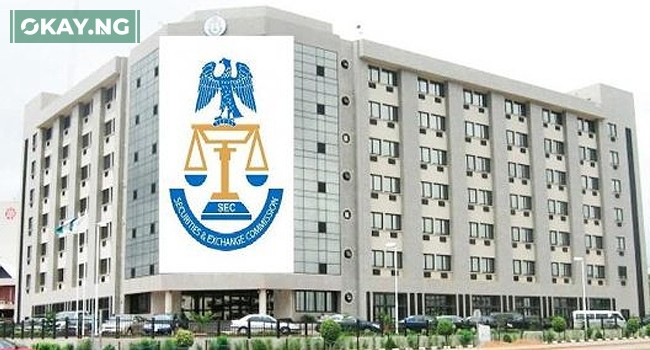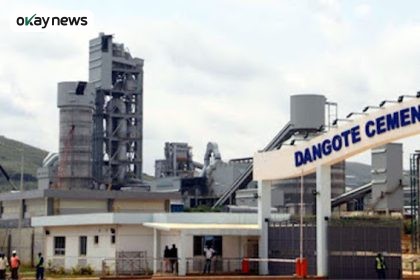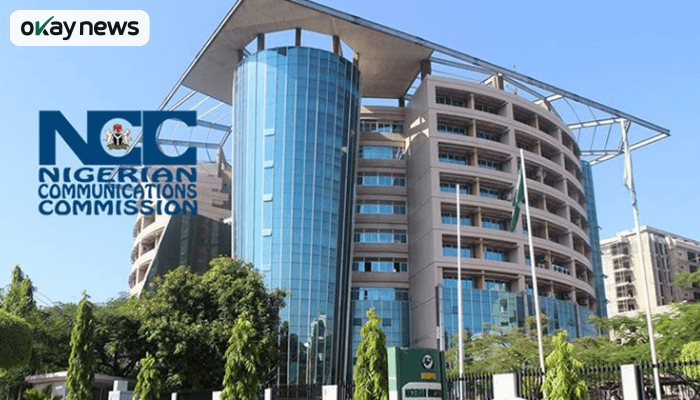The Securities and Exchange Commission (SEC) has announced plans to move Nigeria’s capital market from a T+3 to a T+2 settlement cycle to boost efficiency, reduce risks, and build investor confidence.
Director-General Emomotimi Agama made this known at a Trade Associations Roundtable on “Ensuring Stakeholder Readiness for T+2 Settlement” in Abuja.
He said the shift aligns Nigeria’s market operations with global standards and would make the market more competitive and resilient.
“A shorter settlement cycle is a hallmark of a mature and dynamic market. The less time between trade execution and final settlement, the lower the potential for defaults,” Agama stated.
He added that the new system will improve market liquidity by returning funds to investors faster, allowing quicker reinvestment and greater market activity.
According to him, advanced economies have already moved toward T+1 settlements, stressing that Nigeria must evolve to remain globally relevant.
“The transition to T+2 is a strategic imperative to keep our market competitive and future-ready,” he said.
Agama explained that the Commission would work with trade associations, market operators, and infrastructure bodies like the Nigerian Exchange Limited and the Central Securities Clearing System for a smooth transition.
He also said the SEC would increase investor education to ensure all market participants understand the benefits of the change.
Agama described the move as a major step toward efficiency and global competitiveness in Nigeria’s capital market.







